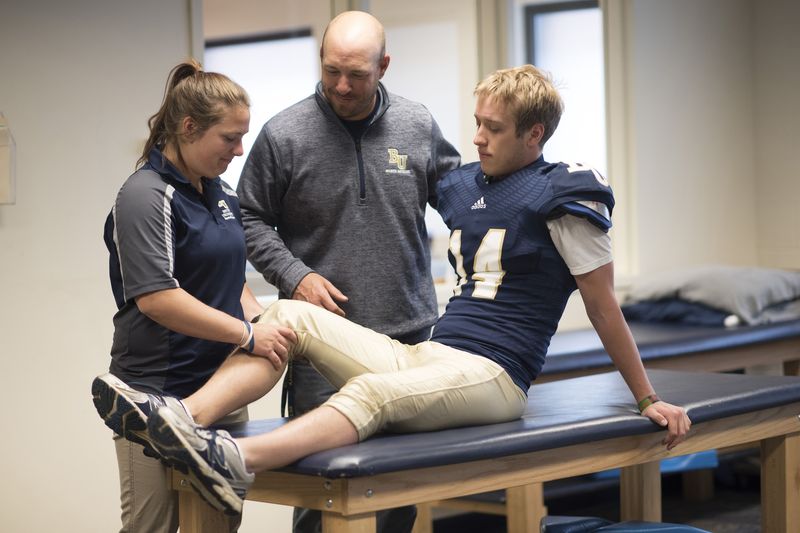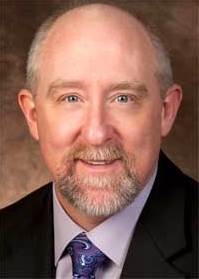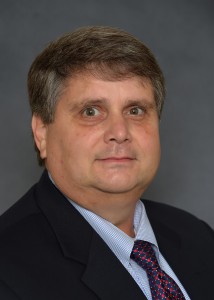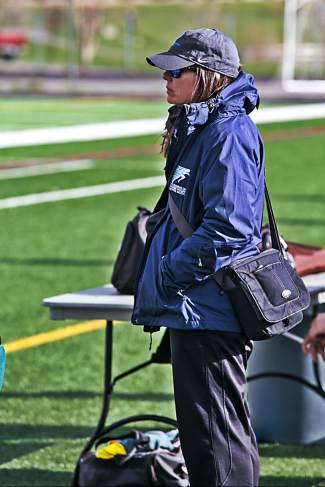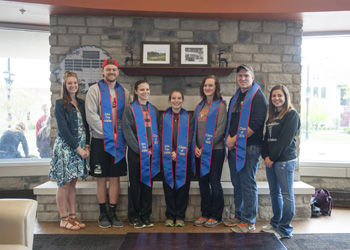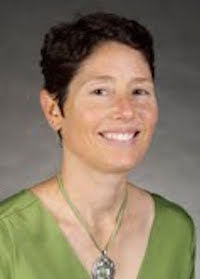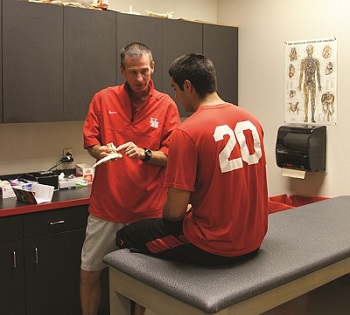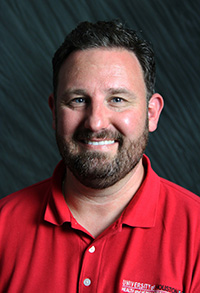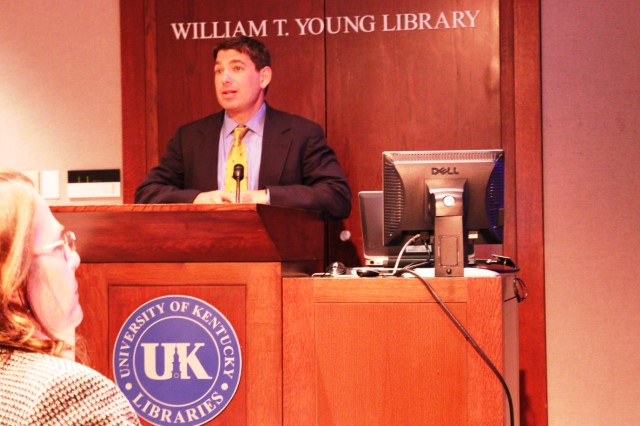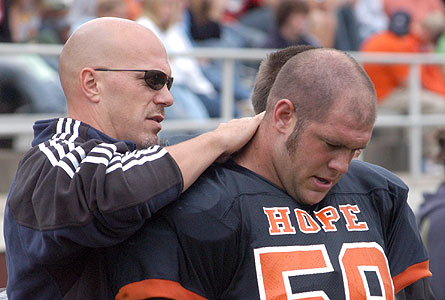
Article reposted from Holland Sentinel
Author: Holland Sentinel Staff
A Hope College professor is among the authors who contributed to a book for athletic trainers.
Kirk Brumels, Ph.D., a professor of kinesiology and chairperson of the department as well as a member of the athletic training staff at Hope College, is among the authors who contributed chapters to the book, “Workplace Concepts for Athletic Trainers.”
The book addresses common concepts and issues that occur in the workplace for athletic trainers and is designed for athletic training students transitioning into a clinical practice or clinicians seeking help. It has been published by SLACK Inc. of Thorofare, N.J., and was edited by Stephanie M. Mazerolle, Ph.D., and William A. Pitney. Ph.D.
“Workplace Concepts for Athletic Trainers” is divided into three sections. Each chapter begins with learning objectives and includes a discussion of the issue itself, how it manifests and strategies and solutions to address the concern.
Brumels’s chapter, “Role Complexities in the Workplace,” discusses role theory relating to how athletic trainers exist and behave in the roles they fulfill within their workplace. It involves descriptions of the multiple difficulties that individuals may encounter in performing their expected roles according to established norms, and provides suggestions for creating productive and engaging work environments.
Brumels, who is a licensed Michigan athletic trainer as well as a certified NATA member, has been an athletic training professional for more than a quarter century and a member of the Hope faculty since 2001. He has chaired the college’s department of kinesiology since 2014 and previously served as program director of athletic training education and as head athletic trainer at Hope.
In addition to teaching, he conducts research in athletic training, including collaboratively with students at the college. His other publications include co-authoring the fourth edition of the textbook “Developing Clinical Proficiency in Athletic Training: A Modular Approach” and co-authoring nine chapters in the textbook “Core Concepts in Athletic Training and Therapy,” as well as numerous articles in scholarly journals. Through the years, he has made multiple presentations on his research or aspects of athletic training during MATS, GLATA, and the NATA Annual Meetings and/or Symposiums.
More information about “Workplace Concepts for Athletic Trainers” is available at slackbooks.com. Copies may also be ordered through the college’s Hope-Geneva Bookstore, which is on the ground level of the DeWitt Center, 141 E. 12th St., and can be called at 800-946-4673 or 616-395-7833 or emailed at bookstore@hope.edu.
